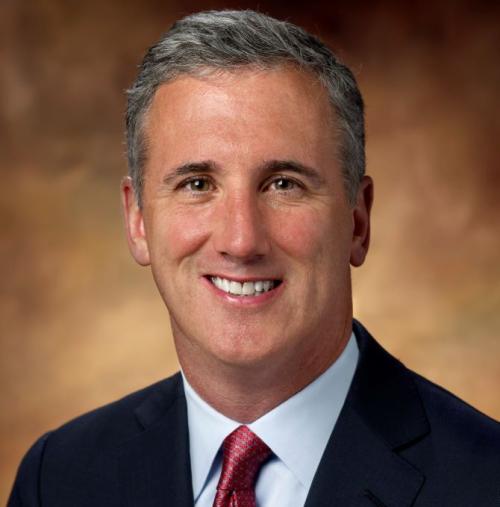Open communication with investors and analysts is better for long-term growth.
Shareholders have the right to know how compensation is calculated, and corporations should view say-on-pay votes as part of an ongoing effort to be more transparent with investors, AFLAC chairman and CEO Daniel Amos told financial industry executives at a conference in New York on Thursday.
Amos discussed the merits of increased transparency with investors when dealing with crisis situations and when preparing for SOP votes at the first ever Link Group Network Executive Forum. AFLAC held its first say on pay vote in the spring of 2008, prior to the financial crisis and prior to the new mandate from Dodd Frank, and because of that, Amos believes his company has earned a reputation for being open with investors and Wall Street analysts—a reputation that in the long run has helped the company rebound from the financial crisis faster than it might otherwise have.
Amos said that when AFLAC investors asked for the first SOP vote in 2008, he felt like the company was in crisis. ‘We asked, what did we do wrong,’ he said. But after several meetings with his directors, they agreed to welcome the vote. ‘We came to the shared belief that investors should have the right to know how the compensation packages at a company are calculated.’ That belief was rooted in the company’s commitment to being transparent. Investors had a 93 percent favorable response when the company’s stock price reached an all time high above $68; and the following year when the company hit an all-time low of $10.83 due to the financial crisis, investors' favorable votes on pay increased to 97 percent.
This year, as the stock price had recovered above $59, investors again voted 97 percent in favor of the SOP provisions. Amos said those results show that the result say-on-pay may have on stock price is not what many believe. He argued that a lack of transparency has a great affect on stock price because it creates uncertainty for investors. He used his company’s fast reaction to the earthquake and tsunami in Japan as an example of how transparency can help.
Amos said that had he not immediately gone on television to openly discuss how AFLAC would deal with handling claims in a market that accounts for more than 70 percent of its revenues, the company’s stock price could have taken a major hit.
‘Our share price dropped due to investor concerns,’ Amos conceded, ‘but it would have dropped much more had we not communicated transparently.’
Amos cautioned that although many public relations experts advise companies to remain quiet in times of crisis, he believes silence can create a lack of confidence in executive leadership. He says a lack of confidence can have a far more detrimental affect on the long-term fortunes of the company than any SOP vote.








